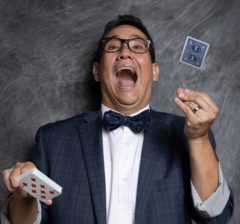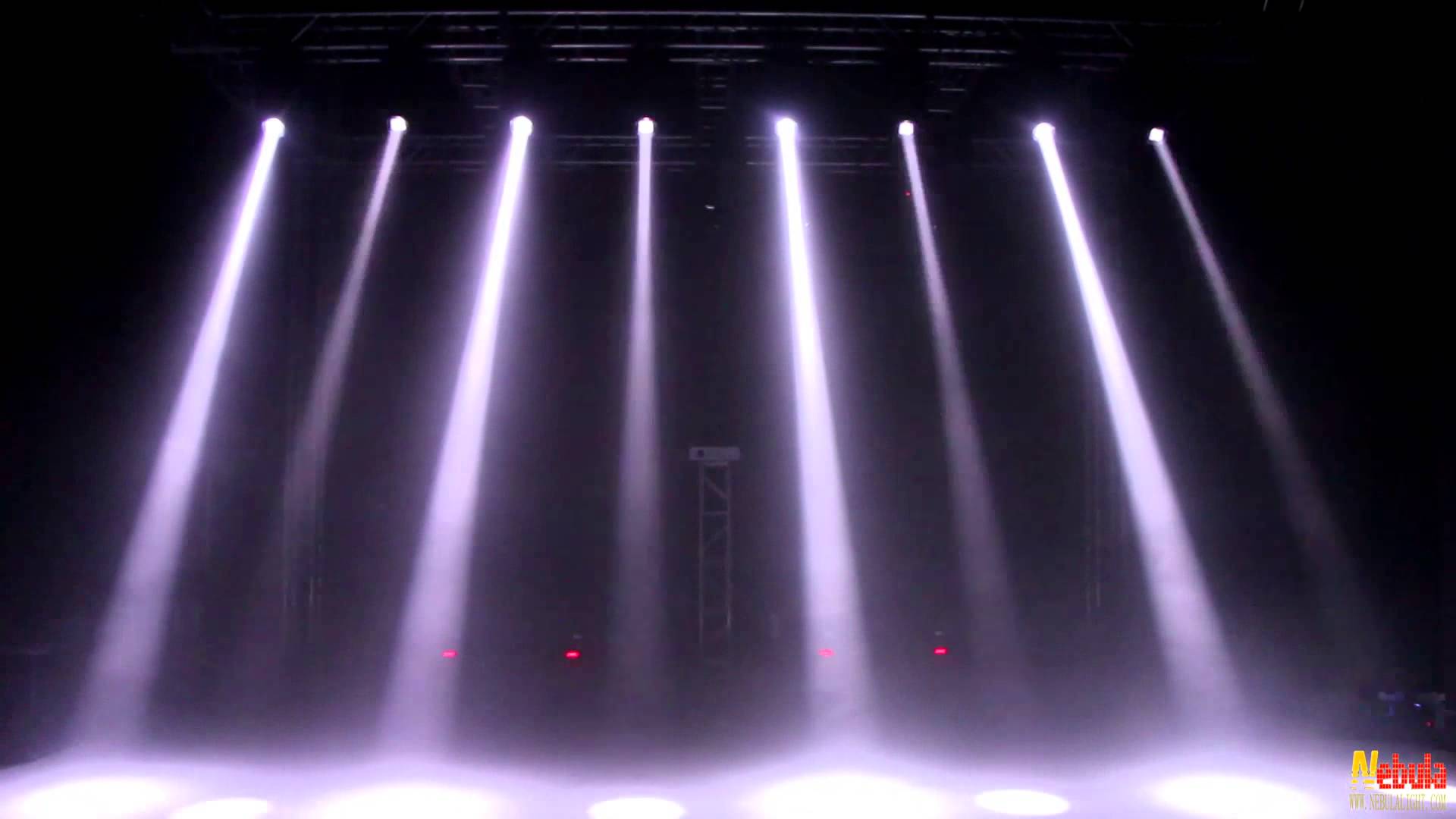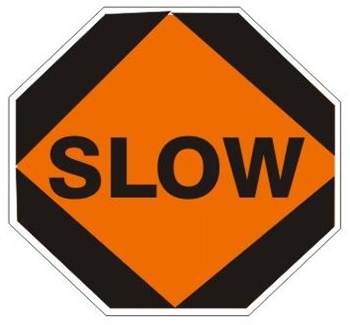There are ton of magic tricks, or ideas that have been in my head for years. I haven’t done them, or built them because I know they won’t fit my performing style, or because I don’t have a method that’s any good. Every now and then I try to make these tricks happen at least once to get them out of my brain.
One trick that had been in my head forever was doing a Multiplying Billiard Ball routine. Eventually I put together a routine and did it on a tour of over 90 shows. By the end of the tour the routine was really good, however I also decided that I don’t want to do that trick in my main show.
Then there are times when I begrudgingly put together a routine simply to get an idea out of my head and I end up liking the trick. A good example is my version of the “tossed out deck”. I hate the trick, however ended up coming up with a good routine and method that’s staying in my show.
If you have an idea, make it a reality, even if it’s a bad one. It will make you a better magician and performer…or at least clear up room in your brain for a new idea!
Getting It Out Of Your System…
There are ton of magic tricks, or ideas that have been in my head for years. I haven’t done them, or built them because I know they won’t fit my performing style, or because I don’t have a method that’s any good. Every now and then I try to make these tricks happen at least … Continue reading “Getting It Out Of Your System…”



